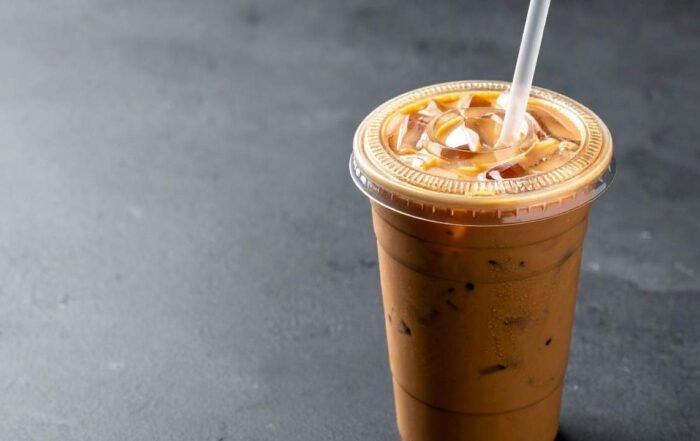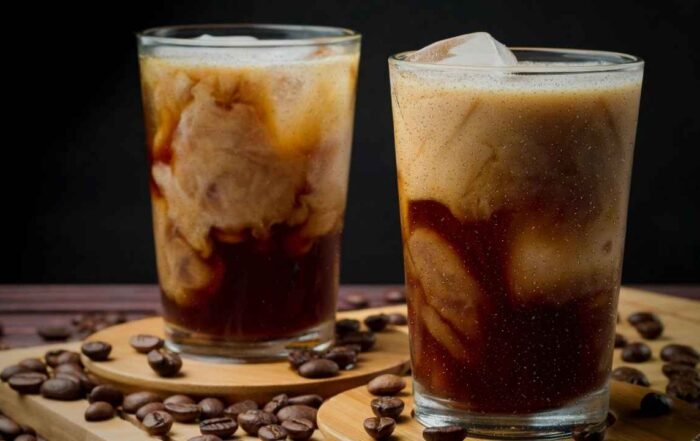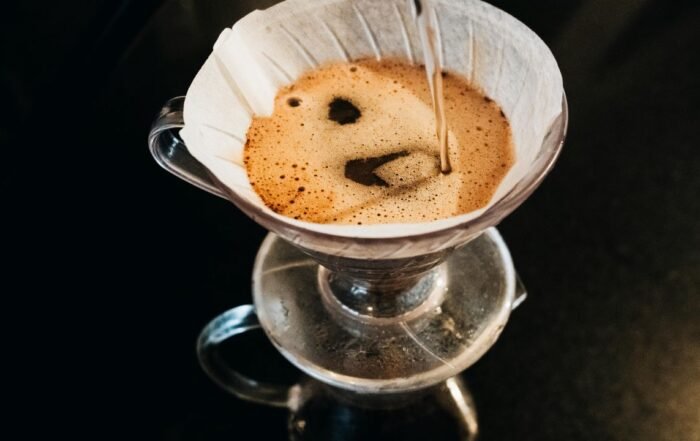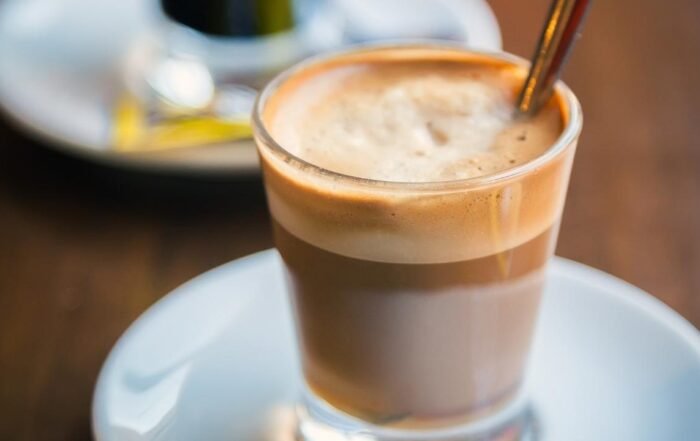Many people start their days with an energetic boost of coffee. There are some specific nutrients in coffee namely: caffeine, tannins, fixed oils, carbohydrates, and proteins that help in enhancing body functions. Caffeine mainely stimulates the human body and increases blood circulation and boosts the nervous system.
Coffee can be categorized in recipes, types, and caffeine profile of beans. In this article, we will explore decaf coffee, its origin and process methods. There are two main methods to make a decaf coffee: solvent-based and non-solvent-based. Solvent-based methods involve chemicals like Methylene Chloride or Ethyl Acetate.
Non-solvent-based decaf method uses water, carbon dioxide or other natural compounds. There are a wide range of brands in the market that offer decaf coffee. Crockett decaf coffee is one of the well-known ones. A common question surrounding crockett decaf coffee is “Is Crockett Decaf Coffee processed using the water process?”. Let’s find out.
What Is the Water Process?
As mentioned decaf can be divided into two main categories: solvent-based and non-solvent-based. We are going to discuss non-solvent-based decaf methods that use water, carbon dioxide and other natural compounds and we will describe the water process, especially the Crockett Coffee Swiss Water Process.

In the water process, hot water is used to decaf coffee beans. Coffee beans are soaked in hot water for a time period. After that coffee beans are discarded and the water is sent through a carbon filter to remove caffeine. There are no chemicals involved in this process.
Crockett Coffee Water Process
Now to answer if Crockett Decaf Coffee Processed by the Water Process? Yes, The process to decaf coffee beans that is 100% chemical free and uses water. All the process is done by using only water, temperature and time period. Crockett coffee water process known as Crockett Coffee Swiss Water Process is the most environmentally friendly and health-conscious process.
How Water and Osmosis Remove Caffeine
The Swiss water process is a simple decaffeination method. Firstly, green coffee beans are dipped in hot water to dissolve caffeine. After the caffeine is extracted into the water, the water is sent through a charcoal filter. Charcoal removes caffeine without capturing essential oils and flavour compounds. The remaining water becomes caffeine free but still full of coffee flavour.
This charcoal-filtered water is called flavor-charged water or Green Coffee Extract (GCE). In the second step, a new batch of green coffee beans is soaked in GCE. As the water already has flavour in it, this time only caffeine is removed due to osmosis without extracting any flavors. Finally we get fully flavored but caffeine-free coffee beans.
Benefits of Chemical-Free Decaffeination
Decaffeinated coffee or decaf coffee is commonly used by caffeine sensitive people or frequent coffee drinkers. As its consumption is quite high, a crucial question can be “Is Crockett decaf chemical-free?” The answer is yes, it is a complete chemical-free decaf. That’s why it is a healthy and environment friendly.
Although Decaf coffee is caffeine free, it still has a significant amount of antioxidants and essential oils that are healthy with less oxidative stress and inflammation. As caffeine reduces sleep cycles and keeps you awake for a long time, with decaf coffee you can enjoy your hot sips even in the afternoon or evening without disturbing your sleep.
Why Has Decaf Coffee Recently Become Popular?
Caffeine is beneficial for human health and body. But it is not suitable for everyone. In previous years, the older generation started to avoid caffeinated coffee leading to increased decaf consumption. But now the younger age group like 18-24 years old and even the middle aged group like 25-39 years old are getting attracted to decaf coffee.
According to a report from the Specialty Coffee Association (2016), 48% of millennials (people born between 1981 and 1996) like to consume at least one cup of specialty coffee (coffee with certain criteria, such as high-quality beans, proper harvesting and processing methods, and skilled roasting) in 24 hours.
This specialty coffee encouraged the brands to improve beans quality, using the best processing methods and accurate roasting. It also set a trend to produce decaf coffee commercially for the consumers.
How to Tell If Your Coffee Uses the Water Process
Decaf coffee is widely available around the world for consumers. There are some key points to check if your coffee uses the water process or not.
- Look for the logo: The Swiss Water Process logo on the packaging confirms this method was used.
- Check the description: Brands often mention “Swiss Water Process” on their websites or labels.
- Inquire with the roaster: Ask local roasters directly about their decaffeination method.
- Taste and smell: Swiss Water decaf should retain full coffee flavor and aroma.

Final Thoughts
Decaf is short for decaffeinated meaning “coffee without caffeine”. Decaf coffee is good for health as it doesn’t contain caffeine content. But it still has a significant amount of antioxidants and essential oils. Crockett decaf coffee is one of the best decaf coffees.
Crockett decaf coffee is processed through Crockett Coffee Swiss Water Process. It is a chemical free process which makes it the most eco-friendly process. So, decaf is suitable for people who are sensitive to caffeine.
FAQs
Is water-processed decaf healthier?
Water-processed decaf is healthier than chemical-processed decaf coffee because chemicals have slight effects on flavor and taste.
Does it taste better?
Decaf coffee tastes good, but some people might find it a bit different from regular coffee.
Is there decaf coffee without chemicals?
There are two main decaffeination methods: solvent-based and non-solvent-based. Solvent-based methods involved chemicals like methylene chloride or ethyl acetate. While the non-solvent-based method uses only water, carbon dioxide, etc (no chemicals).
Best way to tell if your coffee is Processed by the Water Process?
Look for the Swiss Water Process logo on the packaging all the coffee beans manufacturers put it on packaging and it will confirm what method was used.







